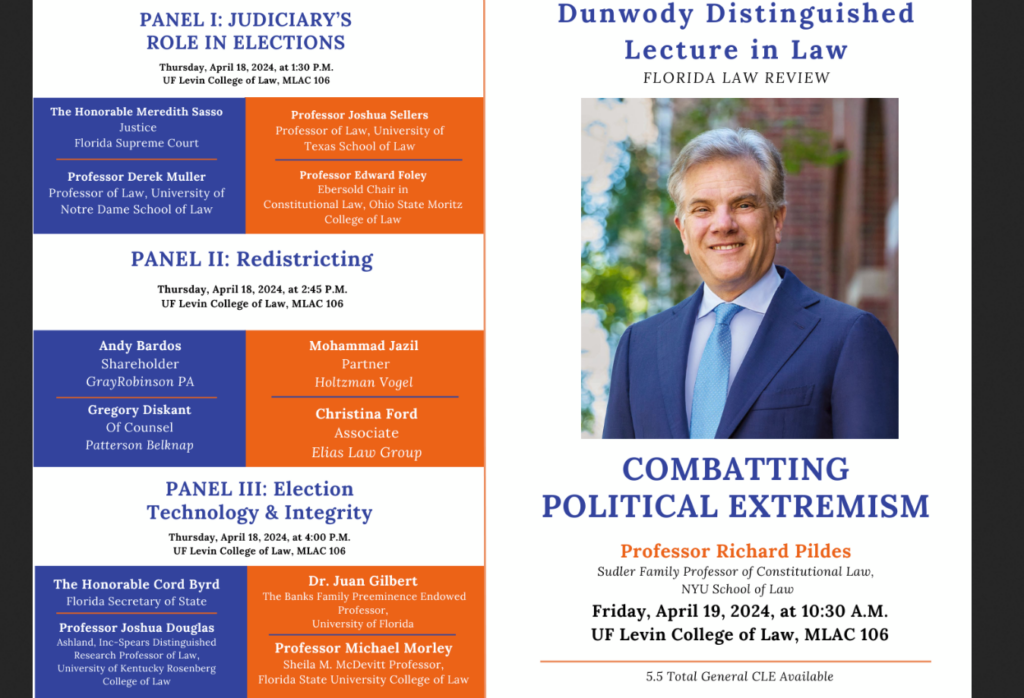I have written this reply, as Ron Collins explains:
It all started when I noticed an SSRN post of a forthcoming essay by Richard Hasen. In it, the UCLA School of Law professor took exception to some of what was offered up by FIRE in an amicus brief filed in the Ninth Circuit in TGP Communications v. Sellers. FIRE and Stephen Rohde thereafter weighed in with their responses to Hasen.
Now, professor Hasen returns to the analytical scene with his rejoinder, which is set out below.
A few snippets:
Neither FIRE nor Rohde address the problem, “How do you identify journalists when there is finite space or some other scarcity and decide whether to give special treatment like a media shield?” or most of my proposed solutions — such as limiting press protections to professional journalists rather than dabblers, and making the definition of “press” turn on the regularity of engaging in journalistic activities rather than on the type of technology (like a political blog) through which reporting is conveyed.
It may be that FIRE and Rohde believe all the rules that identify professional journalists, including the rules for United States Supreme Court press access that I detail in my chapter, violate the First Amendment. If so, such a ruling would not only eviscerate protection for the press contained in the First Amendment. It would also create Bedlam. Are we going to kick out reporters from The New York Times and Fox News from the White House briefing room and replace them with non-professionals who just have a personal interest in being there? Will this be done by lottery? This system would do a great disservice to the nation and to the ability of the press to serve its educational function — and to serve as a meaningful check on the government.
Are we to give everyone a press shield, essentially ending the pursuit of truth in courts? Or are we to eliminate press protections for professional journalists? Neither FIRE nor Rohde say.
Instead, they focus on only one aspect of my proposal — something which has historically not been a problem, but in the cheap speech era is increasingly becoming one: how to handle people who are professionals in the sense that they write content for websites, but they do not follow journalistic norms. Instead, they are vectors for spreading disinformation, including disinformation about elections being stolen that undermines voter confidence in the democratic process….
